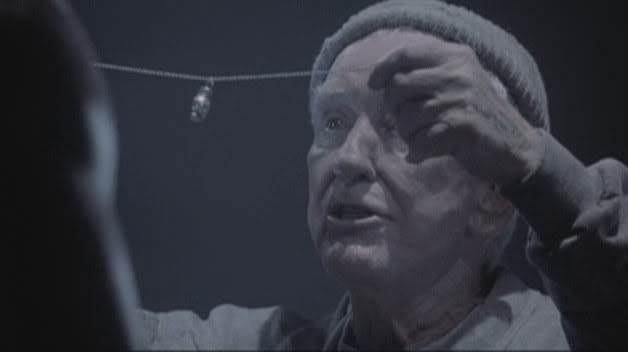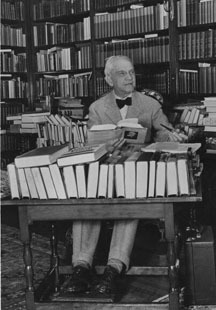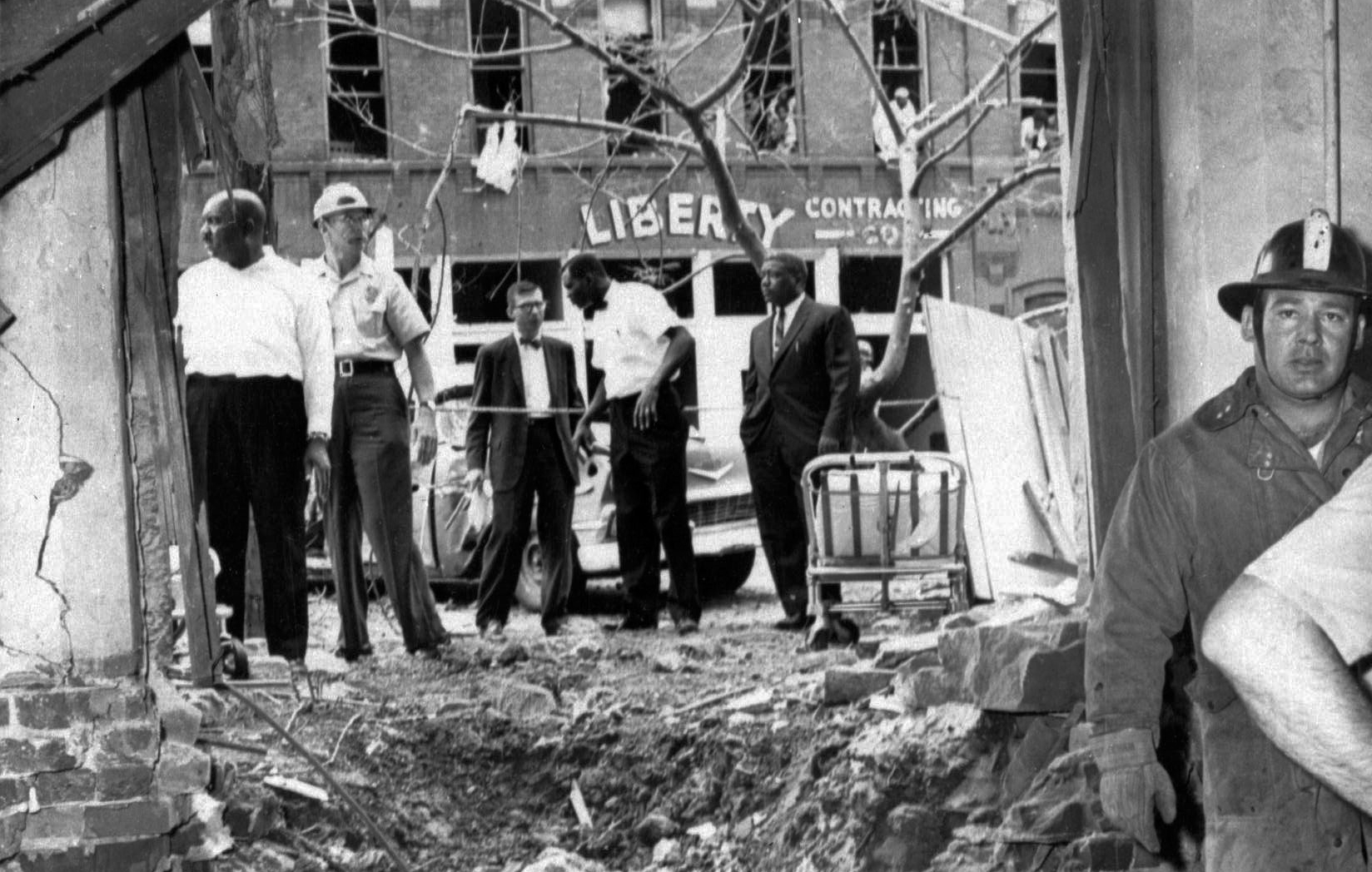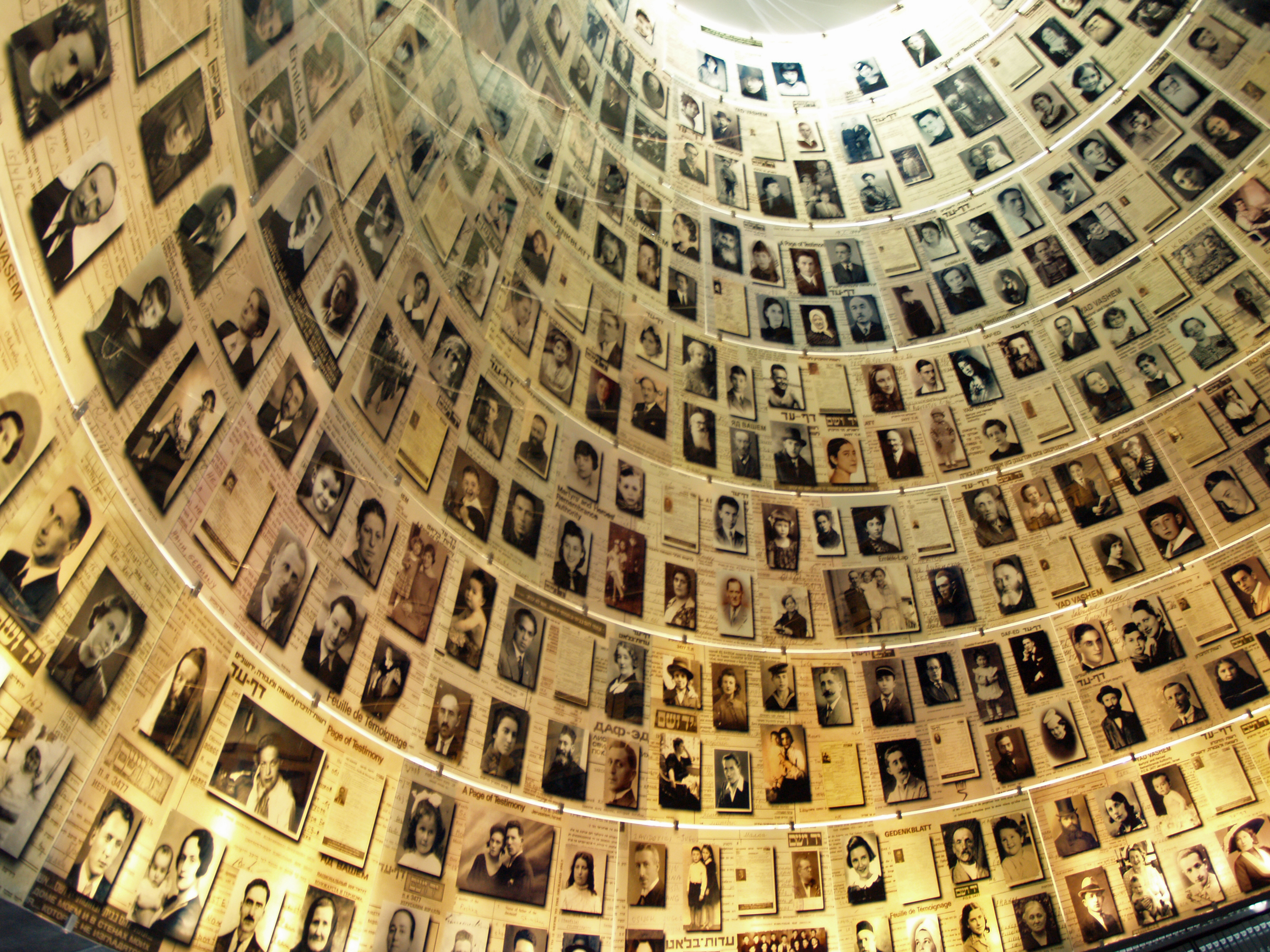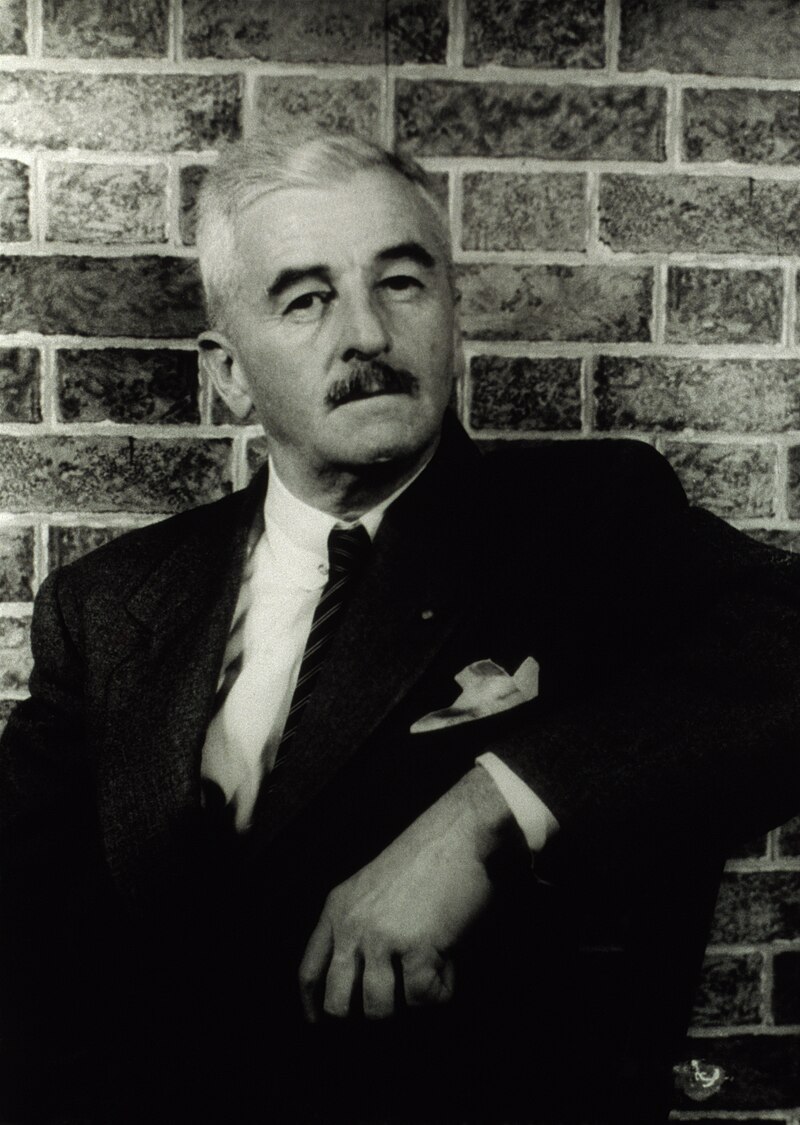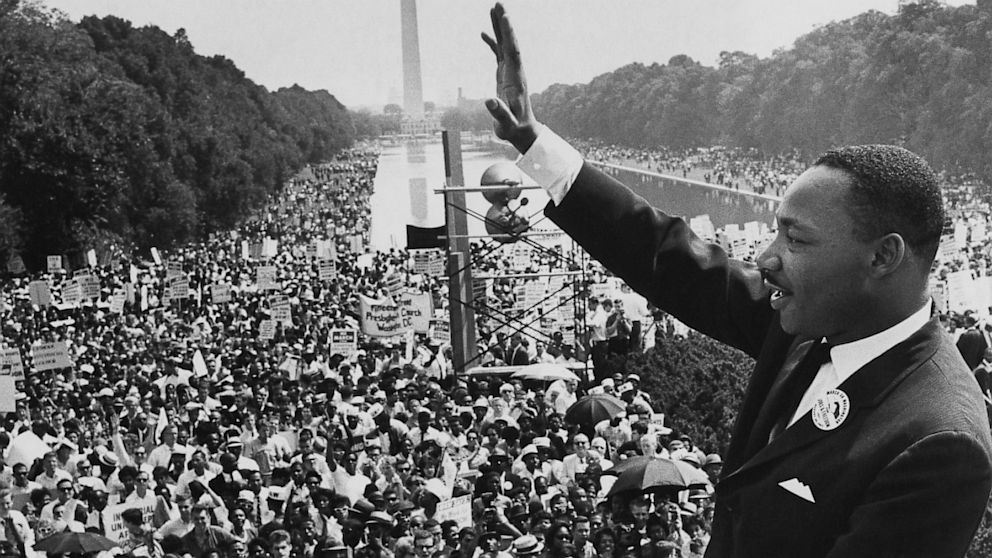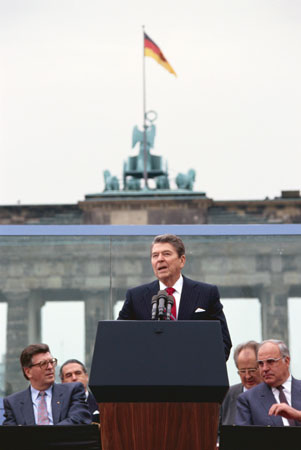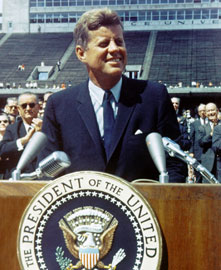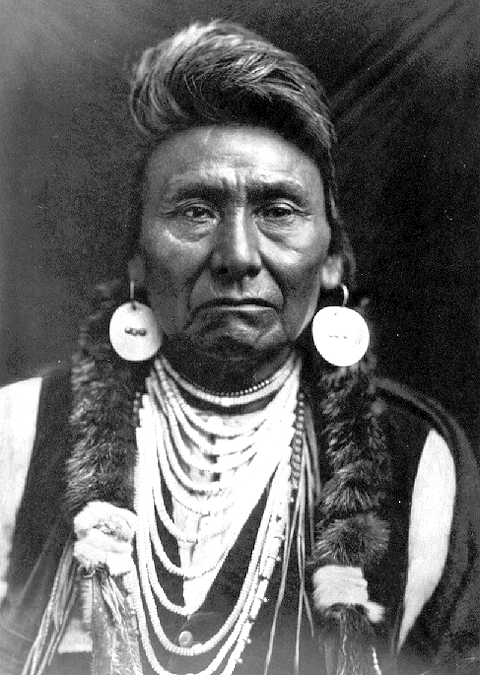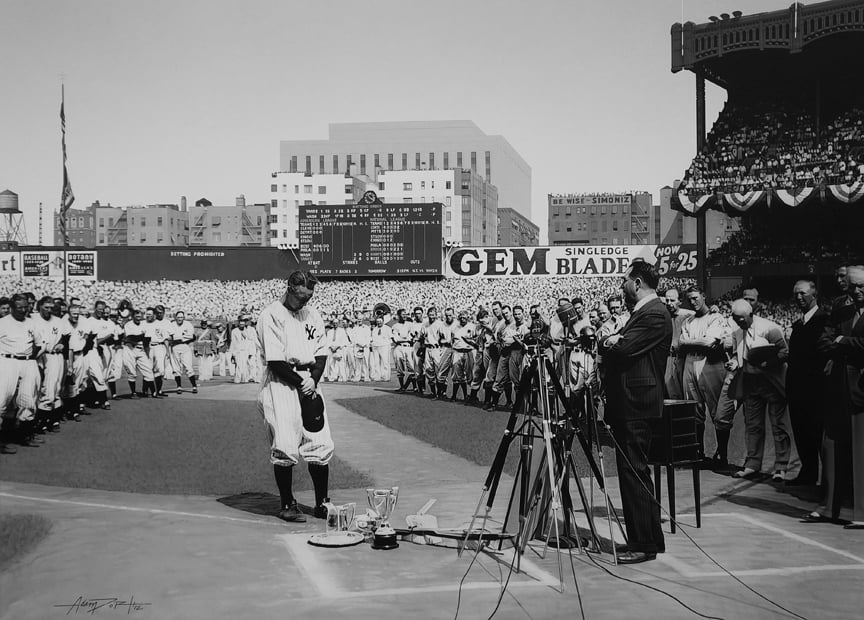The evening is passed in heated conversation over the pros and cons of a biracial marriage. Mr. Drayton, a supposed liberal, is not prepared to practise what he preaches when it comes to his own daughter. Dr. Prentiss' father feels that, because he carried a mail bag for 40 years to support his family, his son owes him something. His son, however, responds with "You don't own me." Here is an excerpt from Dr. Prentiss's speech, brilliantly delivered by actor Sidney Poitier:
"You've said what you had to say. Now listen to me. You say you don't want to tell me how to live my life? So what do you think you've been doing? You tell me what rights I've got or haven't got and what I owe to you for what you've done for me. Let me tell you something. I owe you nothing! If you carried that bag a million miles, you did what you were supposed to do because you brought me into this world and from that day you owed me everything you could ever do for me like I will owe my son if I ever have another. But you don't own me! You can't tell me when or where I'm out of line or try to get me to live my life according to your rules. You don't even know what I am, Dad. You don't know who I am. You don't know how I feel, what I think. And if I tried to explain it for the rest of your life, you will never understand.
You are 30 years older than I am. You and your whole lousy generation believes that the way it was for you is the way it's got to be. And not until your whole generation has lain down and died will the dead weight of you be off our backs! You understand? You've got to get off my back!
Dad. Dad. You're my father. I am your son. I love you. I always have and I always will. But you think of yourself as a coloured man. I think of myself as a man. Hmm? Now, I've got a decision to make. And I've got to make it alone. And I've got to make it in a hurry. So would you get out there and see after my mother?" (http://www.filmsite.org/bestspeeches22.htm)




